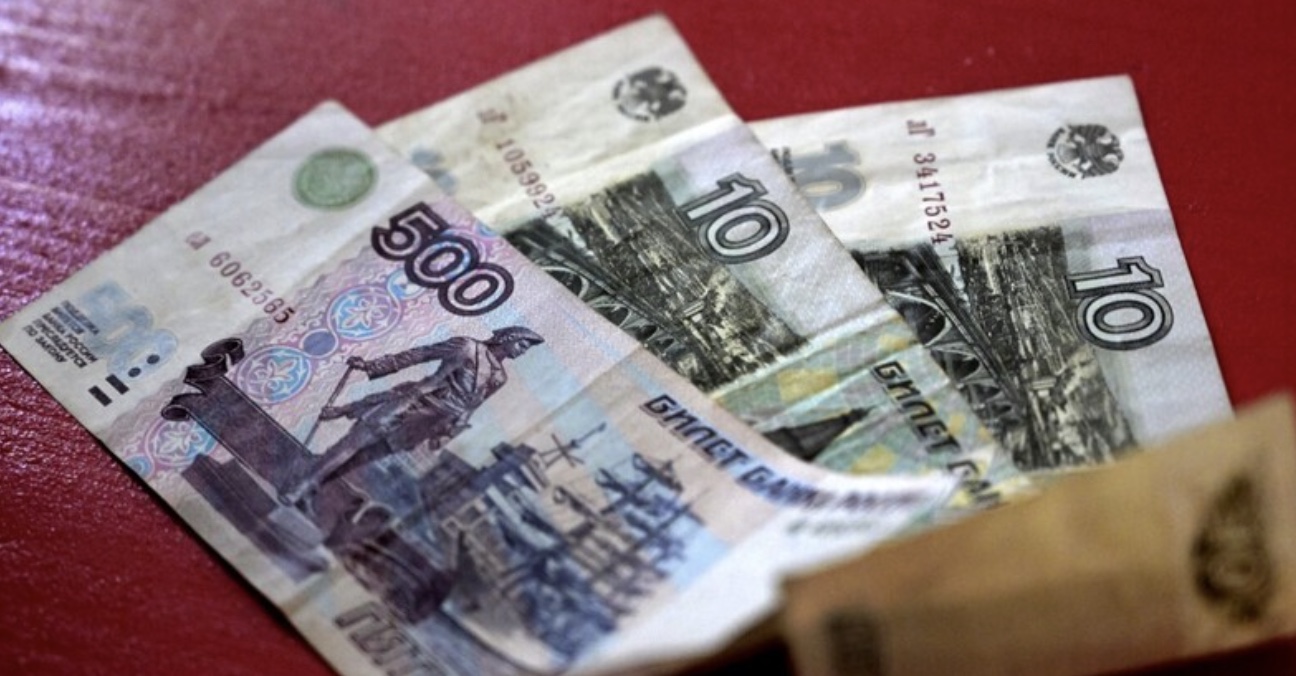Russia is trying everything to revive its economy gripped by international sanctions. After the latest measures by the Russian Central Bank - BCR - (increase to 12% of the reference rate) to revive the fate of the ruble in inevitable free fall, today's news is that Moscow has started the test phase of the digital ruble, based on blockchain technology.
"VTB became the first bank to successfully test digital ruble transactions in its mobile application.” said the second largest bank in Russia in a note. In total, twelve other banks and 600 people are also affected by this "test phase", announced last week by the Central Bank of Russia (BCR).
The experimental phase involves digital payments at 30 points of sale in 11 cities across the country. In the end, "the operations will be free for citizens and with a minimum commission for businesses“, assured the BCR. Moscow thus wants to preserve its financial system from within and limit the consequences on the real economy due to international restrictions.
Unlike the cryptocurrency, also based on the blockchain (technology that allows direct transactions from a decentralized ledger), the digital ruble is part of the CBDC (“central bank digital currency”). It is then issued directly by the Central Bank of Russia (BCR) and stored in electronic wallets. To protect the lawfulness of the operations, the security services of the FSB took the field directly and constantly monitor the security of the system.
In the face of sanctions, Russia has been forced to seek to rapidly develop alternatives to payments managed by the global Swift system, from which many of its banks have been banned. Thus, Russia becomes the 21st country in the world to enter the experimental phase of using one moneta digitale. Moscow's goal is to extend the digital ruble to all Russians who want it "by 2025-2027".
Subscribe to our newsletter!
